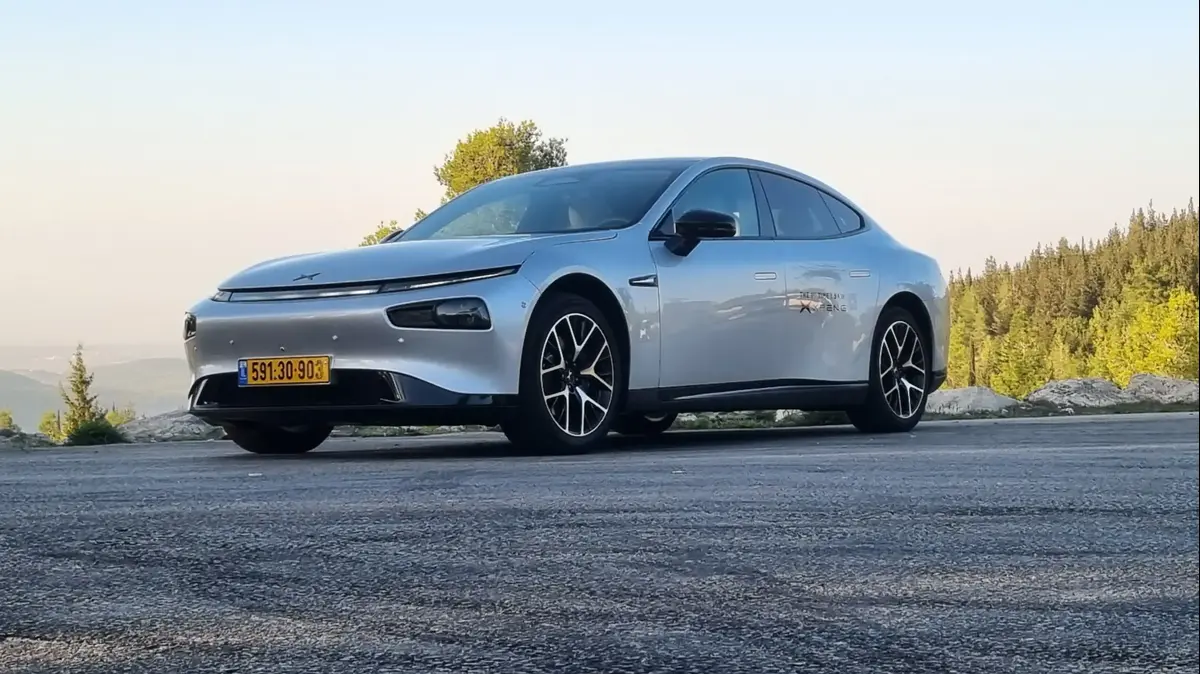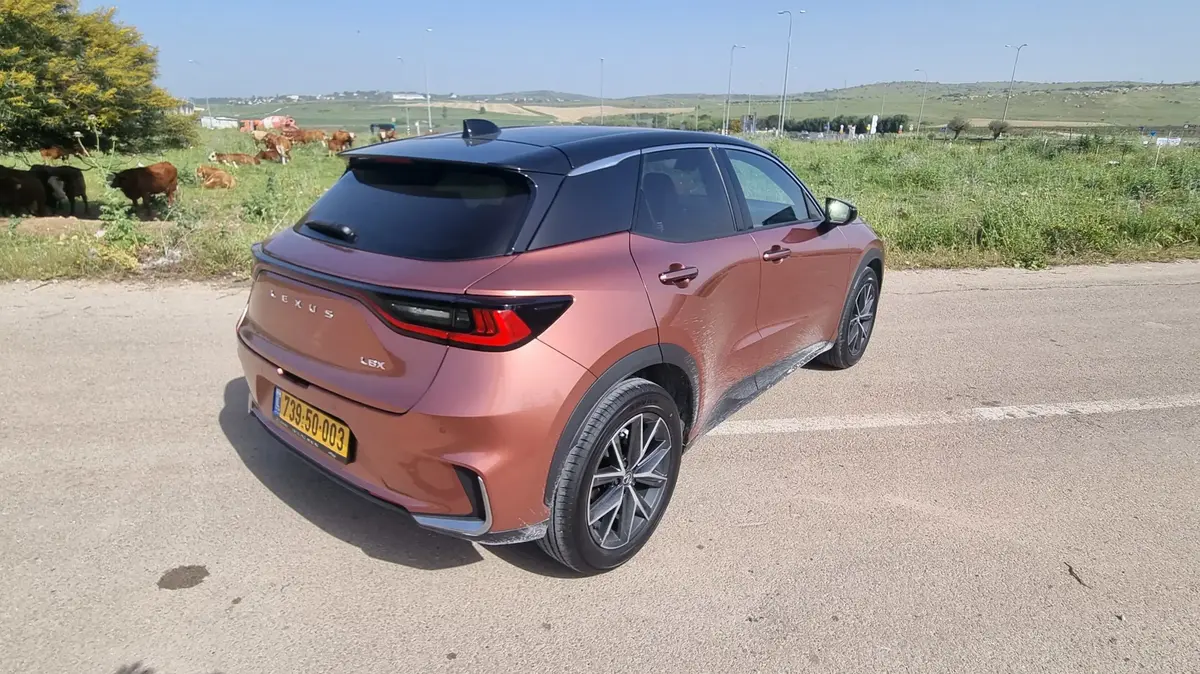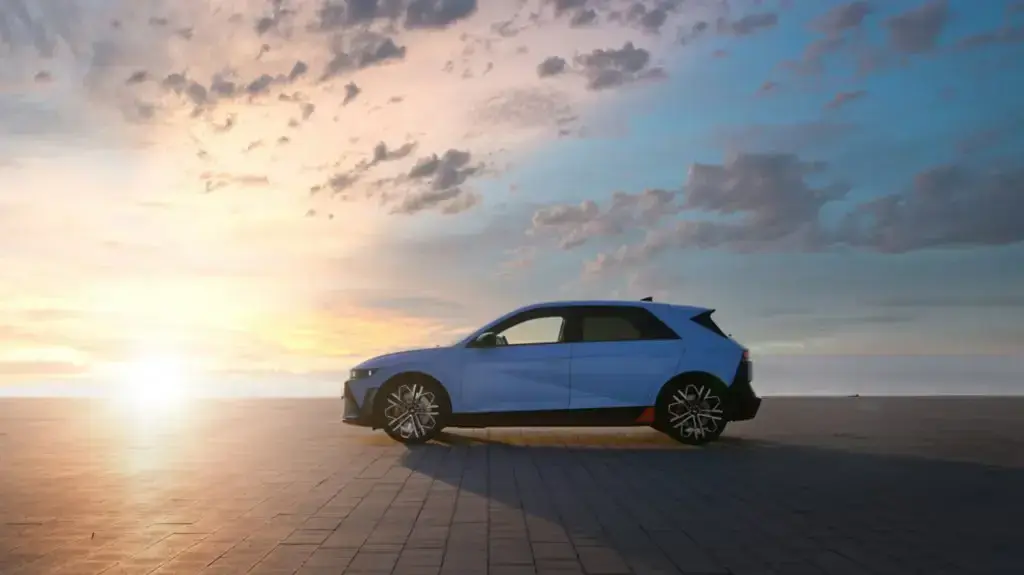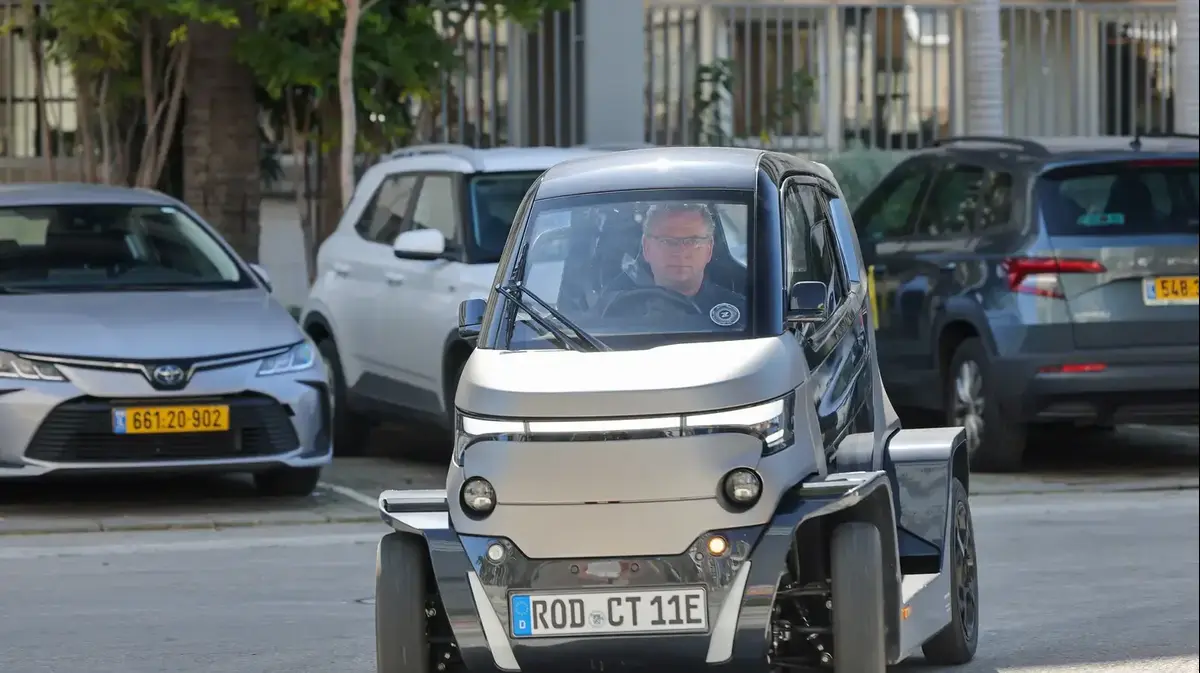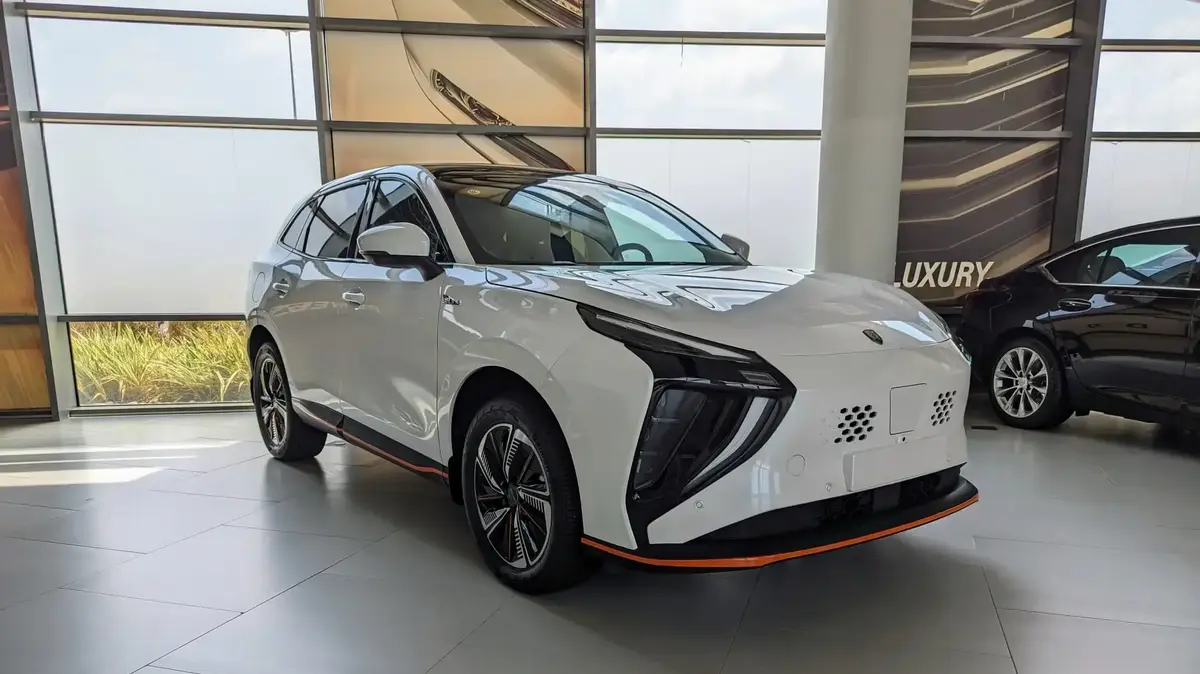Nervous warning: behind the madness of car prices in Israel
Alarmed by the price of tuna?
If you bought a new car or you intend to do so soon - you are going to get proportions regarding the term "increase in price".
Warning: this article will make you depressed
Kenan Cohen
08/08/2022
Monday, August 8, 2022, 07:27 Updated: 07:53
Share on Facebook
Share on WhatsApp
Share on Twitter
Share by email
Share in general
Comments
Comments
Horizontal increase in price in almost every car brand (Photo: Keinan Cohen)
Sometimes it seems that against the background of what is happening in the Israeli car market, all those fashionable "tuna protests", and the constant over consumer products where there are cheap and unbranded alternatives or a multitude of purchase options from large discount chains - is nothing more than a distraction from the really big price jumps that the last few months bring to the car market the new
What started as a side effect of the corona crisis, difficulties in supplying chips, repeated closures, supply problems of components and raw materials, the increase in transportation prices.
All of this was an appetizer for the additional blow that landed just when it seemed that the industry was getting out of it - the war in Ukraine, which also damaged the supply capacity of manufacturers that some of their suppliers are in Ukraine, or that the Russian market is a significant part of their sales pie.
Then the recession, interest rate increases and inflation in Western markets are added, and as we approach the European winter, which will be especially expensive with the stoppage of Russian gas, both the manufacturers (who have factories fed with gas) and customers are recalculating a new course regarding spending on cars.
The difficulties of supplying essential components are only part of the picture (Photo: Keinan Cohen, Keinan Cohen)
Meanwhile in the local market, at the beginning of the arrival of this push wave, the talk was mainly about who would get their hands on the larger stocks.
But when these ran out, the importers moved to make up the shortfall by raising prices.
They themselves pass on the price increase to the producers, but what happens in the local market is a micro-aspect of what also happens at the higher levels of the scale.
One thing is important to understand already at the base - after years of fighting for the title of "largest manufacturer", which dragged both Toyota, GM and Volkswagen into a "who has the biggest" style struggle, the manufacturers realized that it mainly hurts them.
The shareholders, not the customers, are the more important public for the car manufacturers and they are the ones it needs to satisfy.
Shipping prices have increased, raw materials have become more expensive, operational difficulties have increased, production costs have increased - all of these are true, but the goal of the manufacturer is not to continue selling you more cars, but to make money.
Porsche didn't get to the point where it almost bought Volkswagen because it sold more 911s than Golfs, but because it made more money.
As far as the manufacturers are concerned, crisis or not, as long as everyone is wallowing in the mud, they are not interested in building fewer cars - they are interested in making more money on each unit.
And I'll just pose a question here that we'll come back to after the publication of the car manufacturers' financial reports next year - what if the car manufacturers fall in love with this situation?
What if they lose the token that it is much easier, convenient and simple to produce less and earn more on each unit?
What if, the paradise of dizzying demand and an insatiable market will lead them to realize that there is a gold mine beneath the first law of economics - demand and supply?
A disturbing thought?
Not only you, but also and especially the importers.
good to know (in advance)
The people who managed to get rid of chronic pain reveal the solution
Served on behalf of B Cure Laser
After stocks ran out, price increases came (Photo: Nir Ben Tovim, Kobi Liani)
The list of recent price increases in the car market includes most of the main brands in Israel, and also reaches the lesser-known corners of the local market.
With the exception of Delek Motors, which, contrary to the rest of the market, at the beginning of the year reduced the prices of the brands it imports (Mazda, Ford and BMW) in light of the strengthening of the shekel, the other importers may have weakened the shekel and their prices have increased significantly.
So these are not only Toyota customers who will now pay much more for the Rab4, which only recently added NIS 5,000 to its price (in a second price increase this year), and much, much more for the Highlander, which became more expensive by NIS 10,000, as well as other models of the manufacturer, such as the Yaris (NIS 5,000), whose marketing has stopped in the meantime Due to supply stoppage, Yaris Cross (NIS 3,000) and Corolla (NIS 4,000).
Hyundai is not only raising the price of the range starting from 1,000-2,000 shekels for the small i10, 2,000-3,000 shekels for the Neo, 2,000-4,000 shekels for the Kona, 5,000 shekels for the Elantra and more - it also addresses the customers of the Ionik 5 and offers them a refund or a gasoline vehicle Replacement due to supply issues.
If anyone has doubts about the price at which it will return to the market, then here is a hint, it has already become more expensive by 10 to 17 thousand shekels.
The Israelis pounced, and rightly so.
Ionic 5 (Photo: Kenan Cohen)
Kia is increasing its prices for the second time (the previous one was in January).
In the previous beat, the Picanto became more expensive by 1,000 shekels, this time it jumps again by 2,000-2,400 shekels.
The Stonic became even more expensive, NIS 3,000 for all trim levels.
The Sorento, which last time became more expensive by 2,000-6,000 shekels, now raises the price by another 3,000-8,000 shekels.
At Carnival, the price went up by 2,000 shekels in January and now by an additional 6,000 shekels.
At Skoda, the leader of the European brands, we saw in the previous beat an increase in the price of the Kodiaq and the Superb, including a change of equipment in the former due to the lack of chips.
This time they are the Octavia (5,000 NIS extra), the Scala (4,000 NIS) and the Camik (4,500 NIS)
Horizontal price increase in Peugeot, Citroen and Opel models (Photo: Keinan Cohen)
More price increases in Peugeot, Citroen, Opel and MG, also joining that of January 2022, April 2022. Examples: 2,000 shekels for the initially expensive Peugeot 208, 3,000 shekels for the 2008, up to 4,000 shekels for the 3008 and up to 5,000 shekels in 5008.
Similar price increases were recorded in Citroen and Opel, which have similar models.
Subaru, once the all-Israeli popular car, is raising the price of the XV by NIS 2,000-8,000 and the Forester by NIS 10,000.
Even marginal cars like the Chevrolet Malibu, which you will be surprised to hear, is still sold as new and has become more expensive by 10-13 thousand shekels depending on the version.
Even a brand whose existence in the Israeli market is completely illustrative like Honda which increases the price of the CRV which was irrelevant and has become even less relevant and attractive by NIS 2,000.
Or manufacturers like Ssangyong, which has been in uncertainty for a long time about its future and its existence raised the price of the Rexton by NIS 3,000 (by the way, it is still the best secret deal for a real SUV).
Got more expensive, but still attractive.
Ssangyong Rexton (photo: Rami Gilboa, Dodi Moskovitz)
By the way, even if you overcame the financial hurdle to purchase a new car and managed to scrape together a few more months of financing for the story, we wouldn't breathe a sigh of relief, because even when you buy a car and it's registered in your name, it's not really just yours.
Your car was bought with a silent partner - the State of Israel.
And at your big silent partner, we know that fewer cars will be sold here in the next year or two, but money has to keep coming in.
So, in addition to the price increases that result from external factors in the supply chain of your next car, as soon as it lands in Israel, it will face two more price increases in January - the first is a change in the green tax formula, which will reduce the tax benefit for cars that are not green enough for the Tax Authority (what does the Tax Authority understand by pollution? No, she understands taxes - M.S.L.
To this increase will be added the increase of the doubling of the purchase tax of the current hit - electric cars from 10 to 20%, an increase of the purchase tax on plug-in cars by another 15%.
In January, the benefit component for car safety accessories will also be changed, and it will include fewer systems that qualify for a discount, in other words, another increase in the price of cars, also this time in the form of a reduced benefit.
Electric cars are also going to become more expensive laterally next year due to the change in the purchase tax (photo: photo processing, manufacturer, Kenan Cohen, Dodi Moskovitz)
Even throughout the life of the car, you will continue to pay more for the original parts for your car, the Ministry of Transportation and the Competition Authority talked a lot about reducing prices in this arena, on some of them they even canceled the customs duty, but as they say in the army "fire is made from wood, not advice" and a decrease in the prices of parts - there is no .
And if you won a normal car that does not need spare parts beyond the minimum, you will still have to come every year to the licensing institute, where you will encounter a 12% increase in the prices of the annual test, why?
Because the joint price committee for the Ministry of Finance and Transportation recommended.
So the next time you hear about the government's war on the cost of living, take a breath and remember that if you own a car in Israel, that is, you belong to one of the sectors that produce, bring in and bear the burden of taxation - then go out to the parking lot, put your ear to the hood and on a quiet day you can hear how the car Yours is drinking your money little by little.
vehicle
car news
Tags
new car
taxes
Kia
Toyota
Skoda
Hyundai
the increase in price
Cost of living


